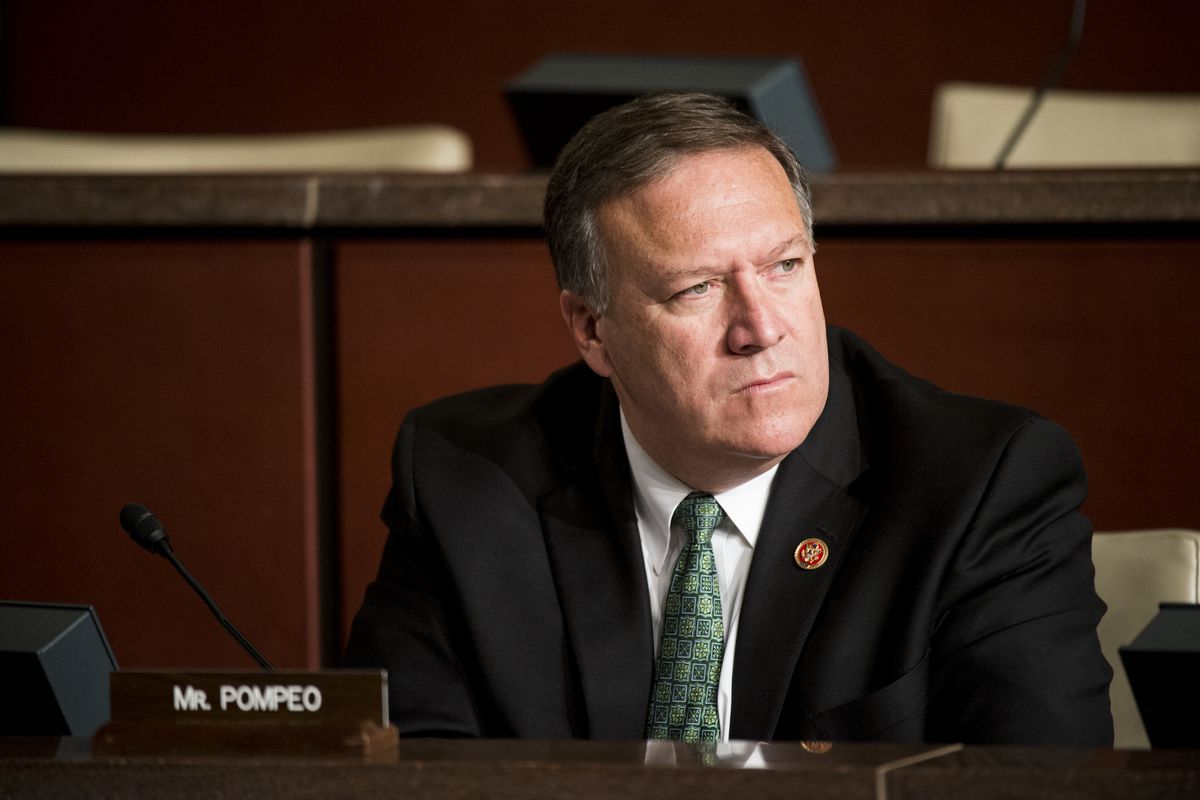American and Russian officials agreed on the need for both countries to work together, which is widely expected to breathe new life into U.S.-Russia relations after several years of tense moments.
U.S. Secretary of State Mike Pompeo, during a phone call on Wednesday with Russian Foreign Minister Sergey Lavrov, reportedly said the United States expects to see Russia’s readiness to make concessions to ease tensions.
“Secretary Pompeo reiterated that though the United States seeks an improved relationship with Russia, achieving that will require Russia to demonstrate that it is prepared to take concrete actions to address our concerns, including interfering in U.S. domestic matters,” said State Department Spokesperson Heather Nauert after the phone call between Washington and Moscow.
The call between Pompeo and Lavrov was a first since the former’s swearing-in as the 70th U.S. Secretary of State and since Lavrov, who has served as Russia’s Foreign Minister since 2004, was reappointed following the re-election of President Vladimir Putin in March.
Bilateral relations between Russia and the U.S. have a long history of ups and downs. Democrats and some Republicans in Washington have accused Moscow of interfering in the 2016 presidential election, which led to an increase in the number of American sanctions on Russia. The Kremlin has repeatedly denied all allegations of interfering in the election.
When the former CIA Director Mike Pompeo replaced his predecessor, Rex Tillerson, as chief U.S. diplomat in April, he pledged to push a tougher foreign policy on Russia.
“The actions of this administration make clear that President Trump’s national security strategy, rightfully, has identified Russia as a danger to our country,” said Pompeo during his congressional hearing earlier this Spring.
During his phone call with Lavrov, Pompeo is reported to have discussed the situations in Ukraine and Syria. In turn, the Russian Foreign Ministry said that following the call the pair had agreed on the need to work together in order to deliver on intended outcomes.
President Trump appears to be more amicable towards Russia than his Secretary of State, which has earned him more criticism given the suspicion surrounding his election and Russia’s alleged involvement, rather than admiration. In March, Trump suggested his Russian counterpart meet with him at the White House to overcome disagreements "through professional dialogue,” according to reports following a phone conversation with Putin.
“When our presidents spoke on the phone, Trump suggested having the meeting in Washington at the White House,” said Kremlin foreign policy aide Yuri Ushakov. “This is quite an interesting, positive idea.”
Though the idea of Putin visiting Washington was well received in the Kremlin, the reaction in Washington was ambiguous and only aggravated divisions in the U.S. over its relationship – and the Trump administration’s in particular – with Russia.
When the Trump administration expanded its sanctions to include seven Russian oligarchs, a dozen of their companies and 17 top government officials, the Kremlin was forced to adopt counter-measure. As a result, the Russian Duma adopted counter-sanctions on the U.S. and other Western countries, which impose a ban or restriction on the import of various Western products.
In addition, the Russian Parliament is planning to make U.S. sanctions compliance a criminal offence, which means that any country or persons that refuses to supply services or do business with Russia will be punished by up to four years in prison.







 President Ilham Aliyev shed light on the evolving contours of the peace process with Armenia during an international conference in Baku this week. ...
President Ilham Aliyev shed light on the evolving contours of the peace process with Armenia during an international conference in Baku this week. ...
 Azerbaijan and Armenia started the process of demarcation of their border on Tuesday, with the installation of the first border markers based on ge...
Azerbaijan and Armenia started the process of demarcation of their border on Tuesday, with the installation of the first border markers based on ge...
 Armenian sappers commenced on Monday mine-clearance operations in the territories adjacent to the Saint Mary Church in village of Voskepar (Armenia...
Armenian sappers commenced on Monday mine-clearance operations in the territories adjacent to the Saint Mary Church in village of Voskepar (Armenia...
 Iran and Pakistan have signed eight cooperation documents in various fields, and agreed to strengthen ties to fight terrorism in the region.
Iran and Pakistan have signed eight cooperation documents in various fields, and agreed to strengthen ties to fight terrorism in the region.



